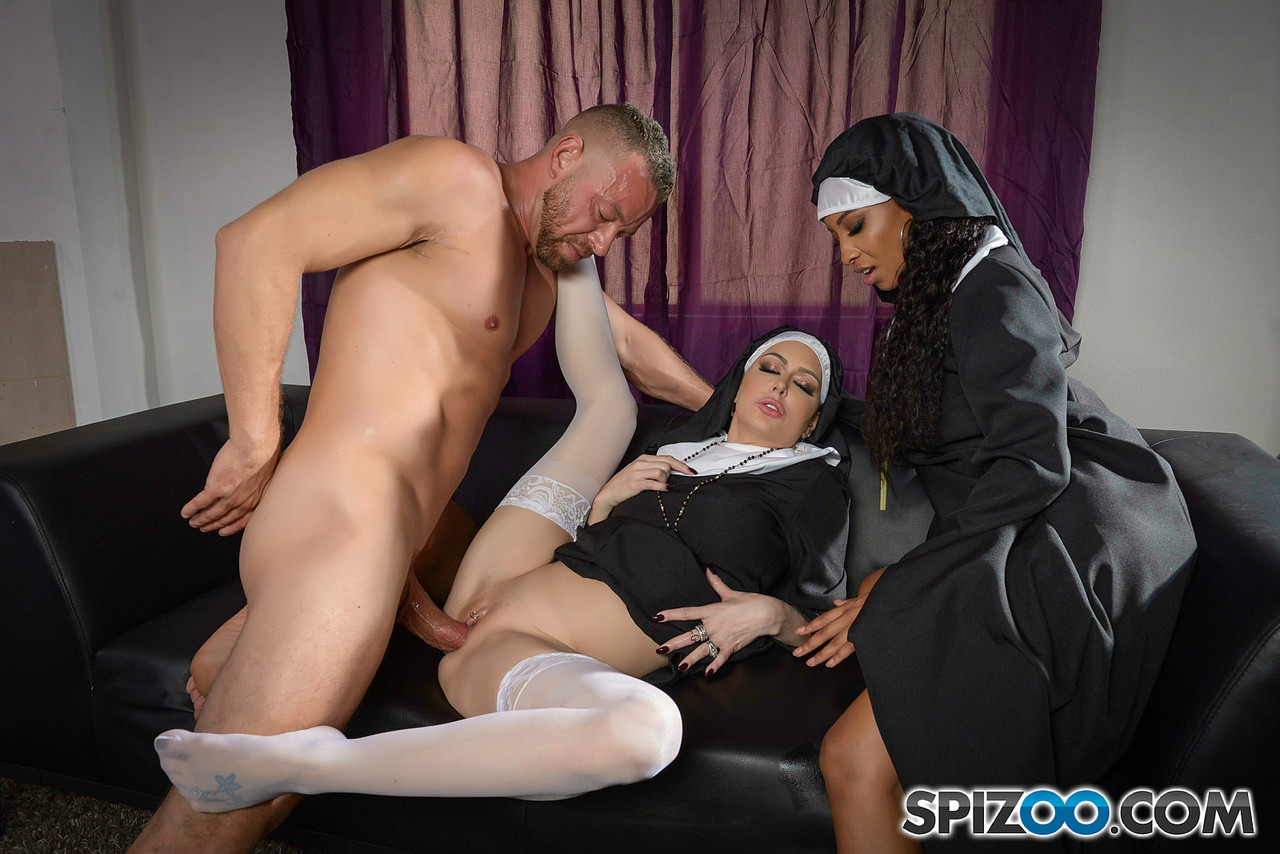The Dystopian Life We Pretend to Fear
If you’ve spent any time online lately, you’ve seen it—the endless chatter about the latest season of Black Mirror, the debates over which dystopian fiction feels “too real.” Our culture feasts on these dark fantasies, consuming them like popcorn. We grew up on them: the neon nightmares of The Matrix, the defiant rage of V for Vendetta, the required high-school reading of 1984.
Dystopia is everywhere now—so familiar, so meme-ready, that pointing it out feels cliché. But here’s the irony: while we binge-watch Black Mirror and reassure ourselves this could never happen, we ignore the slow-rolling dystopia unfolding in real time.

Our world is the dystopian novel.
Infants are discarded as “choice.” Generations are raised worshipping plastic idols and Disney princesses in spandex. Minds atrophy in digital cribs while borders dissolve, traditions rot, and native populations wither—all cheered on by elites who brand dissent as hatred.
Men paint their identities in Marvel slogans while algorithms strip-mine their souls, addicting them to rage and cheap porn. We beg for heroes—the void coughs up influencers and bureaucrats.
Culture collapses into a meme. Families shrink into statistics. Truth is laundered as “lived experience.” We drone on, fattened by convenience yet hollowed by despair—too comfortable to revolt, too cynical to try. Dystopia doesn’t need jackboots; it just needs us to never look up from our screens.
No revolution required. We built this hell ourselves.
Look past the fiction on your screen to the reality in the headlines. In the UK, people are arrested for “hate speech” over offensive jokes or wrongthink tweets. In the US, vague “antisemitism” laws silence critics of foreign regimes, criminalizing dissent under the guise of safety. The freedoms our parents took for granted erode overnight—often with applause from those who swear it could never go too far.

Yet, against the tide, an ember still glows: human hope.
For all our failings, people remain defiant. Rebellion isn’t always barricades and battle cries—sometimes it’s telling the truth in a world of lies, raising a child to love what’s real, refusing to let kindness die. In these small acts, sparks fly against the dark.
The future isn’t fixed. Dystopia isn’t destiny. It only wins if we play our parts without question—if we forget that the story can still change.
The Plot Twist History Never Saw Coming
What keeps that hope alive? Not blind optimism. Not just grit. Something deeper—something the world’s noise can’t touch.

Faith.
For centuries, when empires rose and fell, when despair seemed final, faith in Jesus has been the unkillable counter-narrative. While culture preaches self-worship and “you do you” morality, Christ offers something radical: You are not your own god. Suffering is not meaningless. Love wins—not as a slogan, but as a fact etched in blood and an empty tomb.

Christians—rooted not in their own strength, but in Christ’s—have sparked revolutions of justice, mercy, and truth under the shadow of tyrants. Slaves and kings alike found in Him a dignity no system could erase. The resurrection was history’s greatest plot twist—proof that death and despair don’t get the last word.
In our age of digital narcotics and hollowed-out traditions, faith in Christ remains the ultimate rebellion. In Him, you’re more than a consumer, an algorithm’s puppet, or a passive spectator. You’re a child of God—called not just to resist the dark, but to redeem it.
Jesus doesn’t promise escape from the world’s chaos. He bids us take up our cross and follow—through the shadows, into the light. “Behold, I am making all things new.” That’s the hope Christianity offers when the world believes the ending’s already written.

So if you’re weary of dystopia—if you’re sick of the lies, the plastic idols, the gnawing hunger—come to the One who promises rest for your soul. In Him, every act of defiance, every truth spoken, every seed planted in the ruins, matters more than this world can fathom.
Faith in Jesus is the final plot twist—a hope no darkness can kill, a love deeper than despair. The machines don’t win. Hell isn’t inevitable. And the story—your story—can still turn toward redemption.
In Christ, we meet the Author Himself. And suddenly, even here, even now, there’s a hope worth living—and dying—for.
Key attractions:
-
Tighter passages– Remove redundancy, sharpened metaphors.
-
Stronger pacing – Shorter entrances, more urgency.
-
Clearer through-line – The “plot twist” motif ties it together.
-
More visceral imagery – “Digital cribs,” “plastic idols,” “souls strip-mined.”
-
Gospel clarity – The hope of Christ is presented as the counter to despair.

This version keeps your original fire burning, and makes the encounter even more piercing